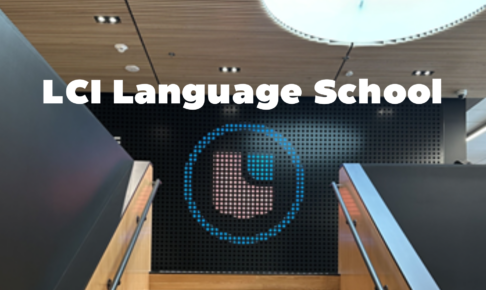皆さんこんにちは!😉
アフィニティ・ランゲージでマンツーマンレッスンを行っている、IELTS講師のアンソニー先生が、IELTSで高得点をマークするために重要なポイントを教えてくれました!各項目ごとにしっかりおさえていきましょう!
アンソニー・アラン|Anthony Allan
イギリス生まれ、イギリスの大学で、英語教授法修士号(Master of Science in TESOL)取得。英語教育に携わり20年以上、日本人の弱点を熟知したレッスンと独自のカリキュラムに定評あり。英語教授のエキスパートとして著書も多数。
IELTS TIPS <初級編>
WRITING MODULE TIP!
あなたは、手紙を書くとき1行に何文字書いているかご存じですか?
知らない方は、今すぐ文字数を数えてみてくださいね。
IELTSテストのWriting部門では、タスク1とタスク2に分かれています。タスク1では、150文字、タスク2では260文字が必要なので、試験中に絶対に単語を数えることはせずに、常日頃から1行は何文で書くと身につけておきましょう。
Know how many words you usually write in your handwriting per line. Then calculate how many lines you need to write for Tasks 1 & 2. Never count the words during the IELTS test! Count the lines. For example, if you usually write 10 words per line, you need to write 16~17 lines for Task 1, and 26~27 lines for Task 2.
READING MODULE TIP!
Readingを勉強するにあたっては、できれば英語の新聞、雑誌、学術記事の見出しを見て、何について書かれているかを考えてみてください。見出しは、その次の文章の要約のようなものとなっているので、日ごろから見出しの意味が理解できるようになると、IELTSのReadingにも役立ちます。
Headlines are very short summaries of the texts they precede. Therefore, study English headlines in newspapers, magazines and academic articles. Understanding headings will help you to understand the general topic and often the main point of an IELTS reading passage. First, read the heading of a passage. Then read the passage and think about why the passage has the heading. You should see the connection.
LISTENING MODULE TIP!
Listeningでよくある間違いは、アルファベットの書き方です。時間に追われて、急いで回答用紙に書いてしまうので、「v」が「r」に見えるように書いたり、「a」が「u」に見えてしまったりすることもあるので、回答用紙に書く際は丁寧に書いてください。
ちなみに、コンピューターで受けるIELTSでは、このような心配はいらないんですけどね!😅
Write letters clearly when you transfer your answers to the answer sheet. Almost all students write a letter that resembles another letter. For example, among Japanese students the handwritten letter ‘v’ sometimes looks like ‘r’ and ‘a’ sometimes looks like ‘u’. (Obviously this is not a problem in the computer-delivered IELTS because you type your answers.)
SPEAKING MODULE TIP!
過去にIELTSを受けた方は分かると思いますが、Speakingのイギリス人試験官は決してフレンドリーな方たちではありません。何人かは、フレンドリーな方もいますが、かなりレアです。
このことを知って試験に臨んでいただければ、「全然フレンドリーじゃない。。思ってたのと違うー」とはならないので、覚えておいてくださいね!
According to many previous IELTS test-takers, many examiners are not especially friendly and rarely smile (but there are some exceptions!). If you know and expect this, you will not suddenly become nervous because you expect a nice, friendly British person to be your examiner. Being aware of this is especially important for younger test-takers and those taking the test for the first time, who will likely be more nervous than students that have taken the test once before..





























